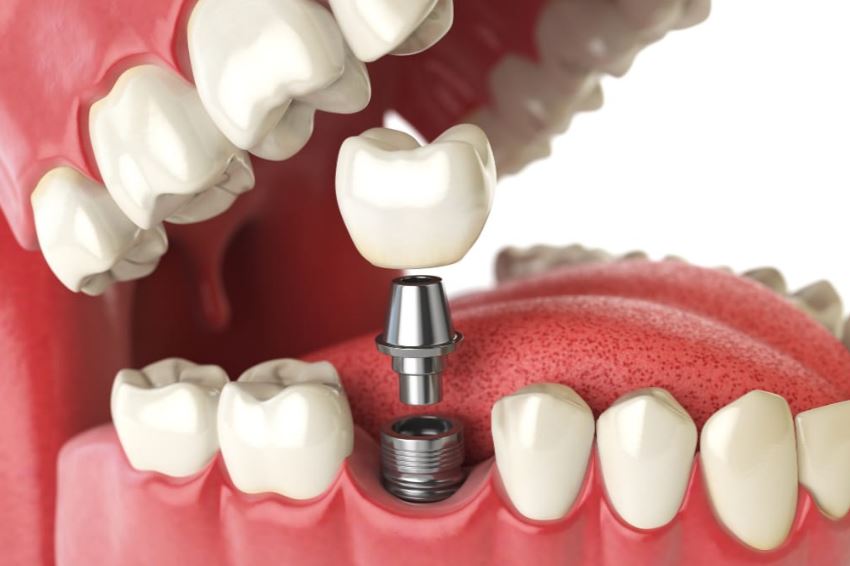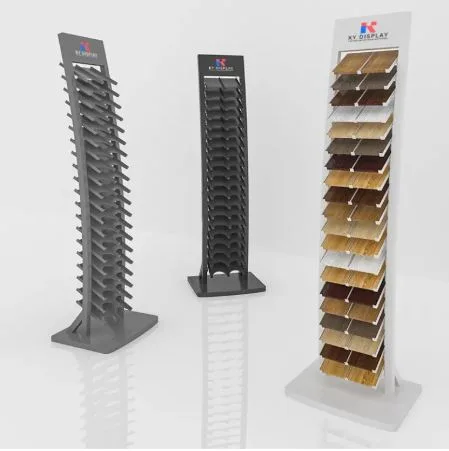Understanding the Different Types of Dental Crowns: A Guide for Brampton Patients
Dental care is about more than brushing and flossing. Sometimes, teeth break, crack, or get damaged over time. When that happens, a dentist may suggest a dental crown. Crowns protect weak teeth and help them last longer. As a Brampton patient, you want the best for your smile. There are several kinds of dental crowns, each with pros and cons. Knowing these options helps you work with your dentist in Brampton to choose the best fit. In this blog, we will skim through the different types of dental crowns, their benefits, and when each type is most suitable.
What Are Dental Crowns and When Are They Needed?
A dental crown is a hard cover that goes over a damaged tooth. Think of it like a helmet for your tooth. Crowns protect teeth after big cavities, root canals, or when a tooth chips or cracks. Sometimes, eating, drinking, or biting hard food can hurt teeth and make them weaker. Crowns fix the shape and look of a tooth so you can chew, speak, and smile like usual.
Dentists use crowns when-
- A tooth has a large cavity that a filling cannot fix.
- A tooth cracks or breaks after an accident.
- You had a root canal, and your tooth feels weak.
- You want to fix the shape or colour of a tooth.
- You get a dental bridge to fill a gap.
Sometimes, people want less work done on their teeth. If you only want to fix small chips or change the colour of front teeth, you can look at options like dental veneers or dental bonding in Brampton. These choices save more of your tooth but might not provide the same strength as a crown.
Types of Dental Crowns: Materials, Benefits, and Drawbacks
Dentists offer five main types of dental crowns. Each type uses different materials. Your dentist may suggest one crown over another, based on your needs, where the tooth sits in your mouth, and how you want your tooth to look. The types of dental crowns include porcelain, ceramic, metal, porcelain-fused-to-metal, and resin.
Porcelain Crowns
Porcelain crowns look very close to natural teeth. The colour and shine blend well with nearby teeth, which makes them popular for front teeth. Dentists can match the shade of porcelain to each patient’s smile.
Benefits-
- Looks like a real tooth.
- Works well for people with metal allergies.
- Good for front teeth.
Drawbacks-
- Less strong than metal or PFM crowns.
- Can chip if you bite on hard things.
Porcelain crowns cost more than resin but are a better match for natural teeth. For anyone who wants their dental work to blend in, porcelain is a great pick.
Ceramic Crowns
Ceramic crowns are a lot like porcelain crowns. They also look very natural and are free from metal. Dentists use ceramic when a patient has metal allergies or wants their dental work to blend in.
Benefits-
- Stays close in colour to real teeth.
- Safe for people with metal allergies.
- Good for front or side teeth.
Drawbacks-
- Can chip if stressed.
- Not as tough as metal crowns.
Ceramic crowns are best for teeth that show when you smile. Ask your dentist if ceramic is right for your smile and lifestyle.
Metal Crowns
Metal crowns use alloys with gold, palladium, nickel, or chromium. These crowns offer long-term strength.
Benefits-
- Very strong and long-lasting.
- Little tooth needs to be removed.
- Rarely break or wear down.
Drawbacks-
- Stand out due to silver or gold colour.
- Not a good fit for visible front teeth.
Many people pick metal crowns for back teeth because they do not show when smiling or talking. Metal crowns last a long time, even if you chew hard foods daily.
Porcelain-Fused-to-Metal Crowns
Porcelain-fused-to-metal crowns (PFM) combine the strength of metal with the look of porcelain. The outside is porcelain, so it matches your tooth. The inside is metal, which means it is strong.
Benefits-
- Blends into your smile.
- Stronger than all-porcelain or ceramic crowns.
- Used on front or back teeth.
Drawbacks-
- Porcelain coating can chip.
- A thin line of metal may show near the gums.
- Gums may react to the metal in rare cases.
PFM crowns balance a natural look and strong support. They work well if you want beauty and strength, but do not mind a fine metal edge near your gums.
Resin Crowns
Resin crowns use special dental plastic to cover a tooth. Dentists may use resin crowns for short-term fixes or on baby teeth.
Benefits-
- Lower cost than other crowns.
- Looks better than metal if you are on a budget.
- Easy to shape.
Drawbacks-
- Wears out faster than other crown types.
- Can crack or chip more easily.
- Best for temporary crowns.
Resin crowns work well if you need a fast, low-cost fix, but most people choose a stronger type of crown for long-term dental health.
The Bottom Line
Each type of dental crown has a place in dental care. Porcelain and ceramic are best when you want your tooth to look real. Metal crowns work if you need strength for back teeth. Porcelain-fused-to-metal crowns give a mix of toughness and beauty. Resin crowns offer a quick, affordable way to protect teeth for a short time.
If you live in Brampton and want help deciding, talk to your local dentist. The right crown depends on the tooth, your smile, and your budget. A dentist can help you find the best way to keep your smile strong, healthy, and looking good. Take care of your teeth, and they will take care of you.





